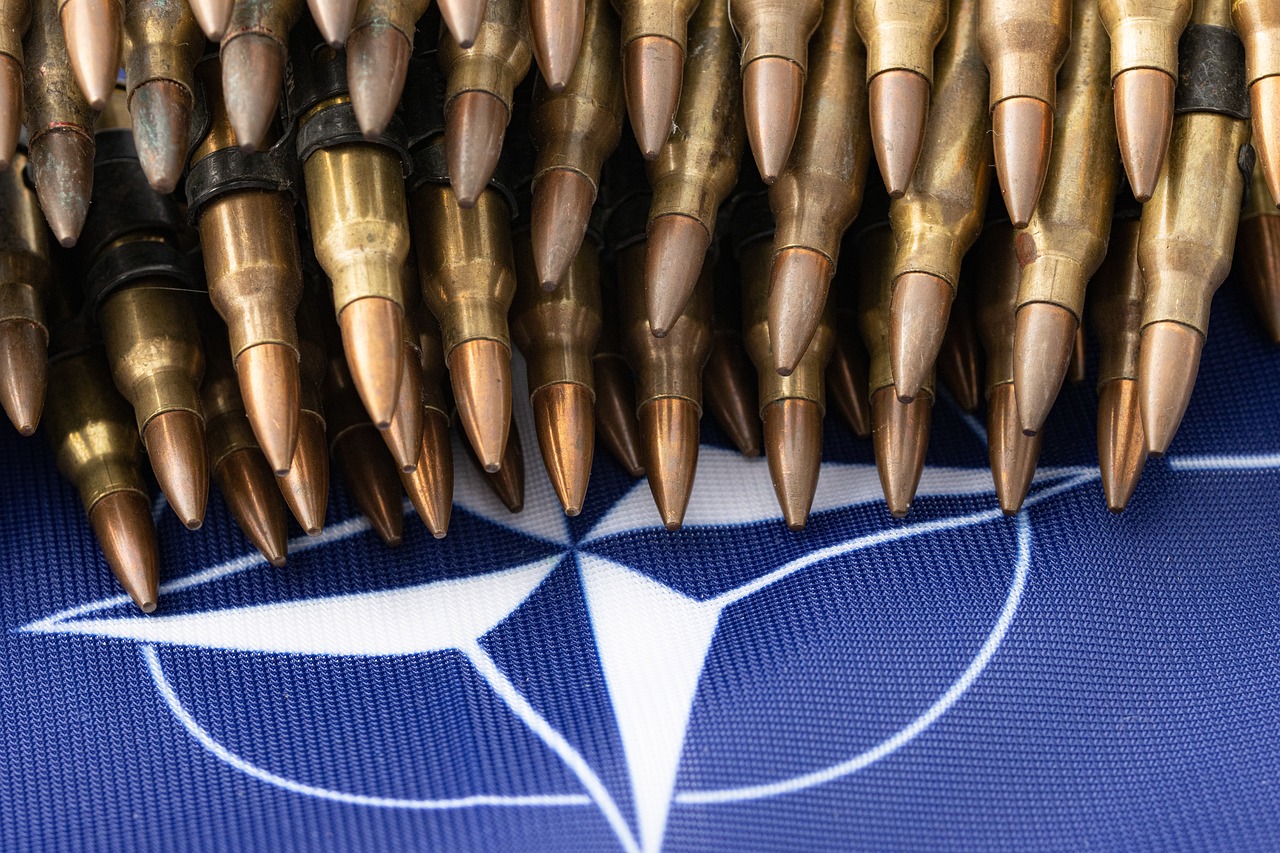
In an attempt to increase awareness and understanding of NATO among public audiences, NATO holds ‘NATO Days’ events with partner countries, allied embassies, civil society, academia, media, and youth.
NATO’s scientific cooperation with Moldova focuses on resilience and technology application for critical infrastructure security, as highlighted by Dr. Veaceslav Sprincean of Moldova State University, who is starting an SPS project on unmanned systems and advanced detection systems. The conference featured lectures, round tables, and conferences on the strategic context and boosting resilience in Moldova, particularly through greater energy security in light of growing international hybrid challenges. An information session on NATO’s Science for Peace and Security (SPS) Programme concluded the conference, shifting the focus from policy to practical scientific cooperation and knowledge exchange activities.
Moldova has a record of cooperation in the SPS Programme, comprising over 55 activities since 1995. Major achievements include the establishment of a Cyber Incident Response Capability for the Moldovan Armed Forces, the deployment of a mobile laboratory for the detection of biological agents, and the adoption of Moldova’s first National Action Plan for the implementation of United Nations Security Council Resolution 1325 on Women, Peace and Security. NATO’s SPS Programme connects academics, experts, and officials in Moldova with their counterparts in NATO member and partner countries, supporting their collaborative work on innovative scientific projects.






